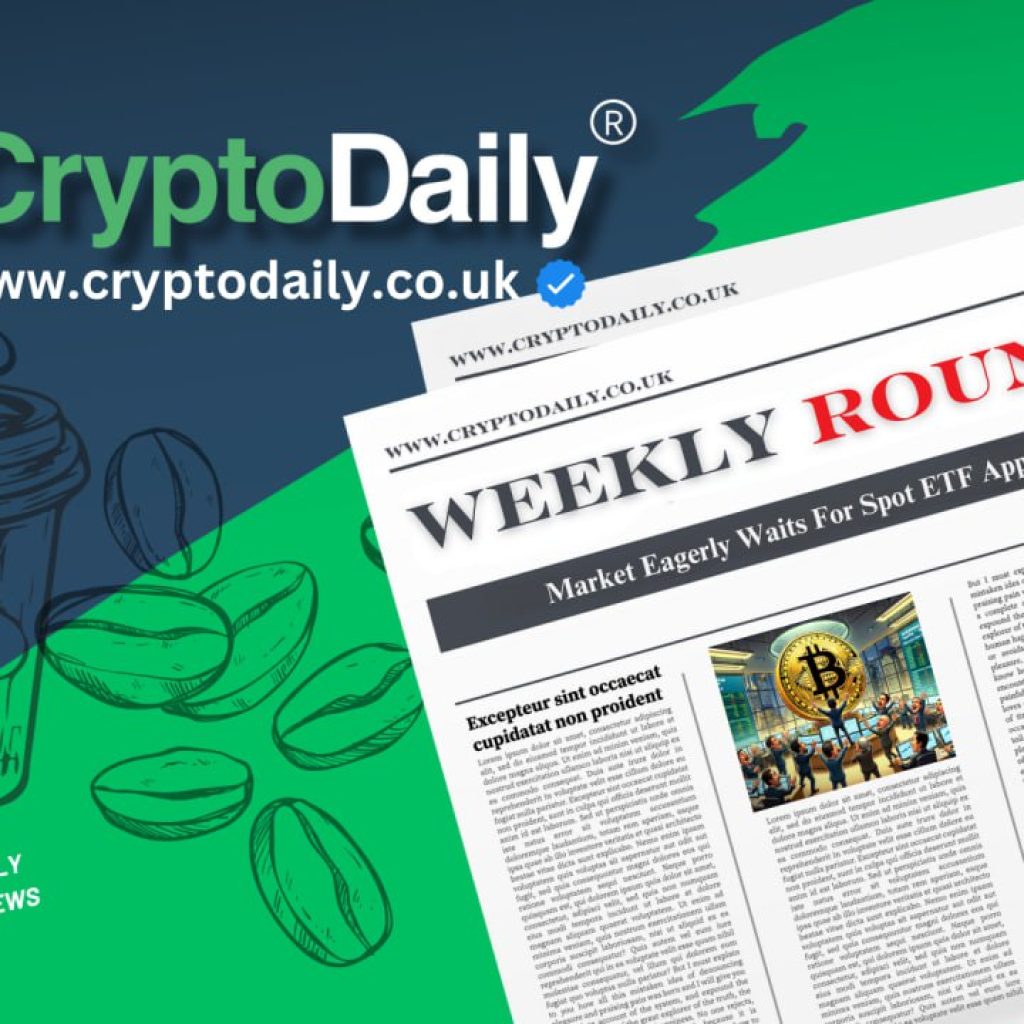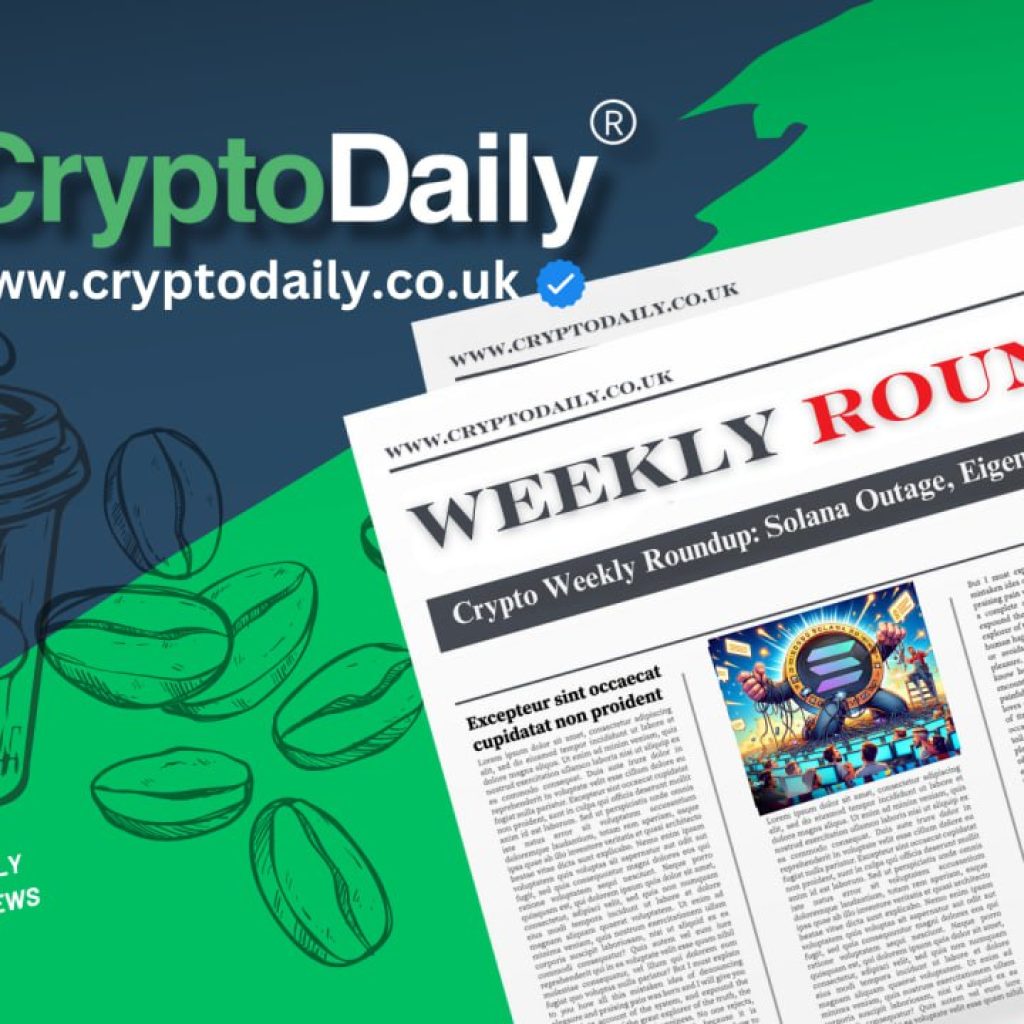In a filing to the United States Bankruptcy Court, District of New Jersey, BlockFi has requested for authorization to convert what it calls “trade only” assets to stablecoins.
BlockFi has named Algorand (ALGO), Bitcoin Cash (BCH), and Dogecoin (DOGE), as trade only assets that “are not currently available for withdrawal for practical reasons associated with the attributes of the digital coins, including that BitGo does not have the ability to facilitate the process required to transmit blockchain transactions for these Trade Only Assets with the current integrations to BlockFi.”
Technical Considerations
BitGo is a digital asset trust company that specializes in providing institutional-grade custody, security, and financial services for digital assets. This move marks another step towards the recovery of users’ funds after the crypto lending firm filed for bankruptcy November last year.
These “trade only” assets, BlockFi clarified, only constitutes about 0.5% of all digital assets in their U.S. wallets. Other digital assets such as Cardano (ADA), Solana (SOL), or Filecoin (FIL) are held separately by BlockFi and are not covered by the request. On its end, BlockFi insists that these trade only assets have to be converted into stablecoins first before users can withdraw them.
This request has been part of BlockFi’s restructuring plan which, right from the start, has been directed towards recouping funds from other failed businesses such as Alameda Research, FTX, and Three Arrows Capital among others. The process has not been easy with BlockFi being engaged in a back-and-forth of sorts with the aforementioned companies. The latter have criticized the fairness of BlockFi’s restructuring plan with its potential to absolve BlockFi and its management from responsibility.
Next Steps, Possible Alternatives
At the very least, steps are being made to actually return users’ funds to them and those affected should look forward to what BlockFi plans to do with the remaining assets and how it would return them to its users. Apart from the criticisms on BlockFi’s restructuring plan however, one potential slippery slope would be defining what a “trade only” asset is and what it encompasses. The filing did not obstinately specify what a “trade only” asset is, and instead relied on its ad hoc use in the document.
One could see this problem manifest in what are called “wrapped” tokens (like Wrapped Ether or WETH), which cannot really be construed as “assets”. A wrapped token is backed by another cryptocurrency, usually native to a different blockchain such as Ethereum. Wrapping allows interoperability between different blockchains. A wrapped token—say 0.5 ETH—technically does not exist, in the same way as 0.5 ETH does. There can be a sort of “gray zone” with these types of tokens, and (in this instance) BlockFi should clearly define what these are and their subsequent plans of action in in their upcoming filings.
Disclaimer: This article is provided for informational purposes only. It is not offered or intended to be used as legal, tax, investment, financial, or other advice.





